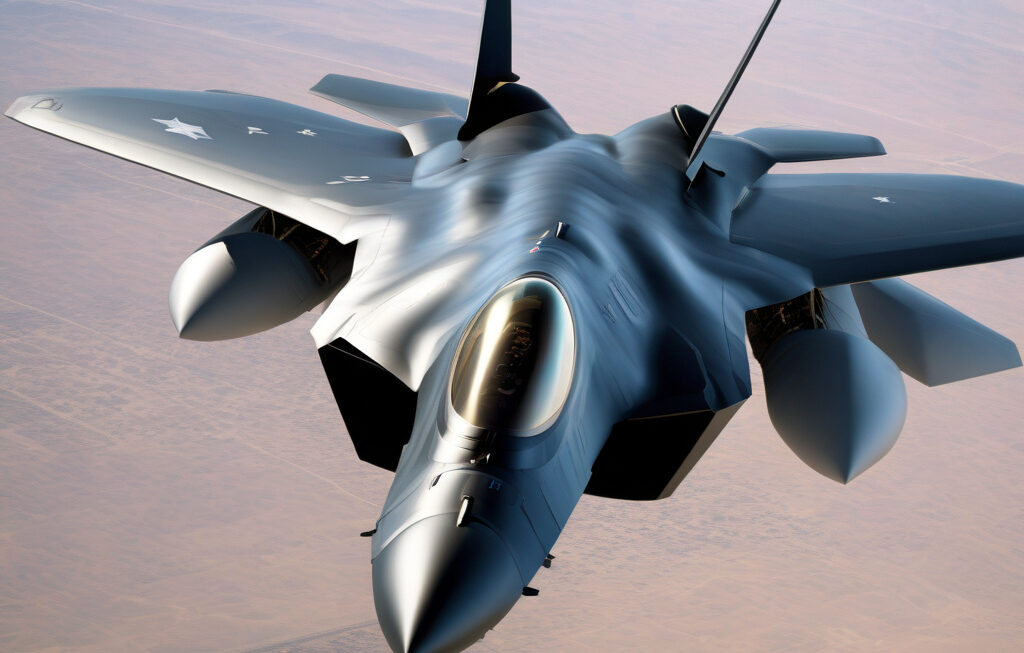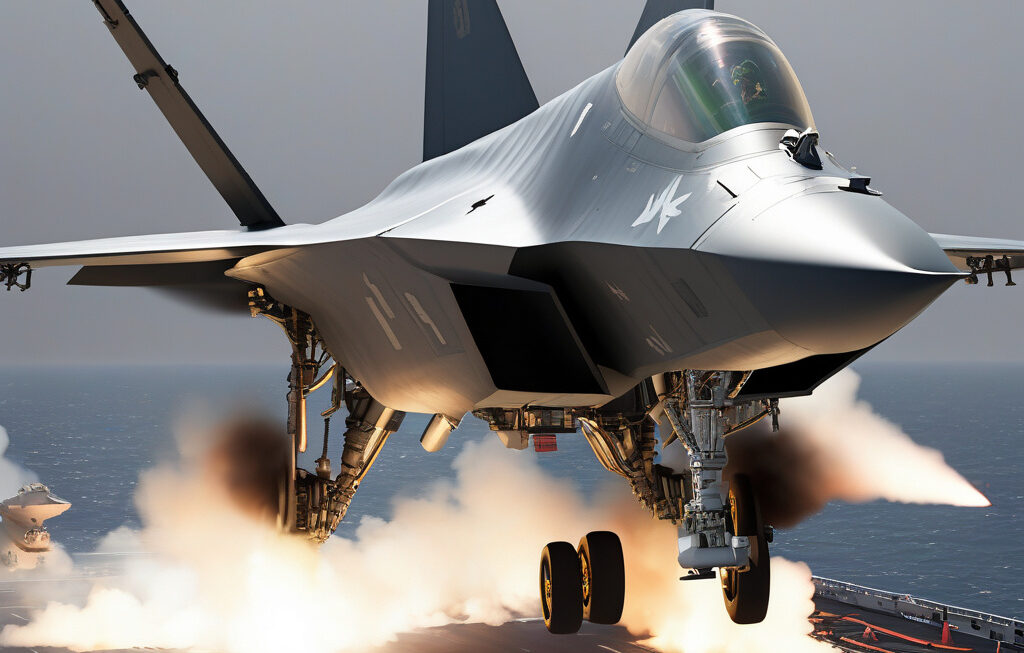Fatal 15 seconds: US Army Black Hawk pilot missed key command before deadly crash
On the evening of January 29, 2025, a US Army UH-60 Black Hawk helicopter engaged in a routine training exercise tragically crashed near Fort Stewart, Georgia. The accident resulted in the untimely deaths of all four crew members on board. The subsequent investigation revealed a harrowing detail – the pilot missed a crucial command in the fatal 15 seconds leading up to the crash.
The Black Hawk helicopter, a workhorse of the US Army aviation fleet, is known for its versatility and reliability. However, like all aircraft, it requires precise and coordinated actions from its crew to ensure safe operation. In this case, a lapse in communication proved to be catastrophic.
According to the official report released by the Army, the pilot failed to acknowledge a critical instruction from the co-pilot regarding an imminent maneuver. This breakdown in communication set off a chain of events that culminated in the tragic loss of lives. The investigation further revealed that the crew had not undergone recent scenario-based training that could have better prepared them to handle such high-pressure situations.
This incident serves as a stark reminder of the unforgiving nature of aviation, where split-second decisions can mean the difference between life and death. It underscores the importance of rigorous training, effective communication, and adherence to protocols, especially in high-stress environments.
In response to the crash, the US Army has already implemented changes to enhance safety measures for helicopter crews. These include more frequent and realistic training scenarios, emphasis on crew resource management, and increased oversight during training exercises. By learning from this tragedy, the Army aims to prevent similar accidents in the future and ensure the well-being of its personnel.
The families of the fallen crew members have expressed their hopes that this incident will lead to lasting improvements in military aviation safety protocols. They emphasize the need for continuous training and support for service members who put their lives on the line every day in service of their country.
As the investigation into the Fort Stewart crash continues, the US Army remains committed to transparency and accountability. While no amount of investigation can bring back the lives lost in this tragedy, the findings will hopefully prevent similar accidents and spare other families from enduring such heartbreaking losses.
In memory of the brave men and women who lost their lives in the Black Hawk crash, may their sacrifice inspire a renewed dedication to excellence and safety in military aviation operations.
training, communication, aviation, safety, FortStewartCrash












